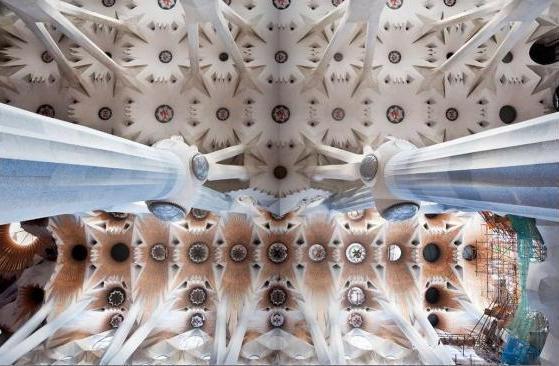While their subjects, motives, and modes of exploration vary greatly, these films all demonstrate the allure of nonfiction filmmaking and its capacity for accommodating the sensibilities and approaches of such a wide range of artists. At the same time these films reveal new dimensions of each particular author’s work. The films and their makers suggest a distinction between the documentary, as it is generally known, and a form of narrative nonfiction led less by a subject than by an earnest desire to exercise an alternative mode of expression. One can argue that each instance in the series occupies an interesting place within this field and invites us to consider how a film’s aim at truth is inevitably shaped by the eye that interprets it. The series also encompasses works that begin to destabilize the distinctions between fiction and nonfiction filmmaking, a rich and fascinating avenue of inquiry that filmmakers continue to explore today, when the documentary/fiction hybrid film has become something like a genre of its own.
Documentarists for a day runs February 2–20 and features two Spanish artists: Antonio Gaudí and the city of Guernica, the source of inspiration for Picasso’s masterpiece.
Antonio Gaudí
- On February 4, at 5:45 pm.
- On February 9, at 7 pm.
- On February 19, at 9:15 pm.
- By Hiroshi Teshigahara.
- In Japanese with English subtitles, 1984, 72 minutes, 35 mm.
Catalan architect Antonio Gaudí (1852-1926) designed some of the world’s most astonishing buildings, interiors, and parks; Japanese director Hiroshi Teshigahara constructed some of the most aesthetically audacious films ever made. Here their artistry melds in a unique, enthralling cinematic experience. Less a documentary than a visual poem, Teshigahara’s Antonio Gaudí takes viewers on a tour of Gaudí’s truly spectacular architecture, including his massive, still-unfinished masterpiece, the Sagrada Familia cathedral in Barcelona. With camera work as bold and sensual as the curves of his subject’s organic structures, Teshigahara immortalizes Gaudí on film.
Short nonfiction films by Alain Resnais
- On February 6 at 7 pm.
- On February 11 at 9 pm.
- In French with English subtitles. Total running time: ca. 90 minutes.
Before making Hiroshima Mon Amour, the film that launched his legendary career as the author of some of the most innovative and uncategorizable films in international art cinema, Alain Resnais created a series of short nonfiction films on a dizzying range of topics. The most famous of these early works is surely his shattering but highly controlled meditation on the Nazi concentration camps, Night And Fog (1955).
That seminal documentary anchors this short selection of Resnais’s films of the 1940s and 50s, alongside some of his lesser-known nonfiction work of the period: Van Gogh (1948), the first of several biographical portraits; Guernica, a study of the Basque town that suffered catastrophic bombing during WWII, narrated by María Casares and featuring the writing of Paul Eluard and the art of Pablo Picasso; and the altogether extraordinary Le Chant du Styrène (1958), an industrial film commissioned to celebrate the glory of plastics, that Resnais and his collaborator, avant-garde writer Raymond Queneau, transform into a Pop Art, Cinemascope masterpiece of vivid color and mechanical rhythms.
- Van Gogh, 1948, 20 minutes, 35 mm, B&W.
- Guernica, 1951, 13 minutes, 35 mm, B&W.
- Night And Fog / Nuit Et Brouillard. 1955, 32 minutes, 35 mm.
Le Chant du Styrène, 1958, 19 minutes, 16 mm.






